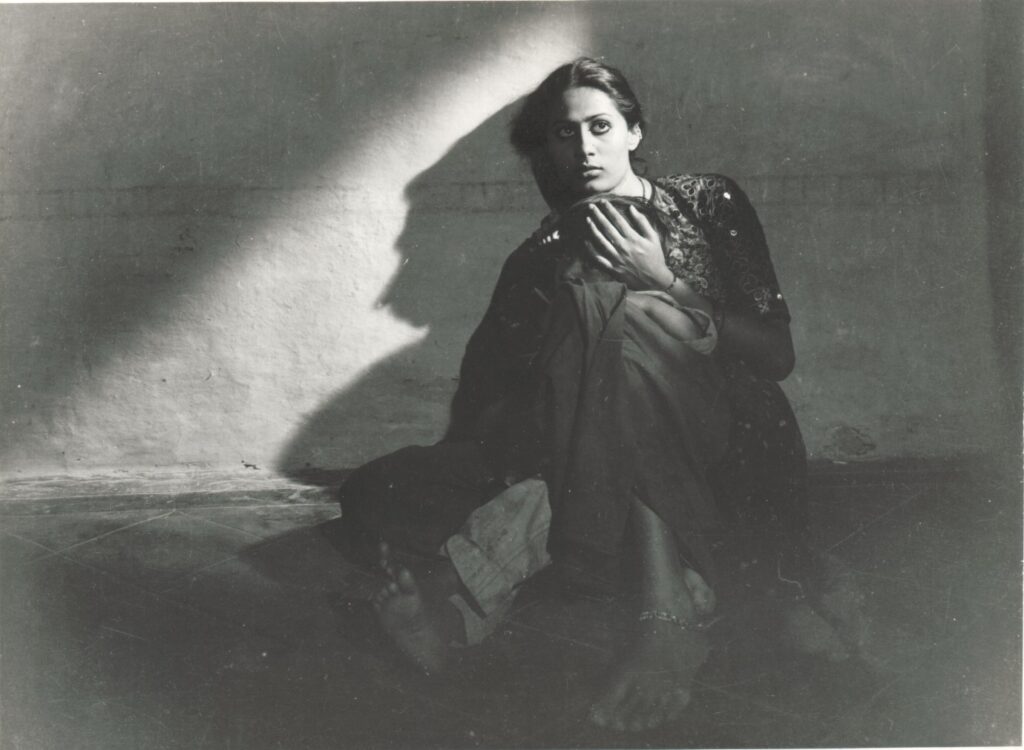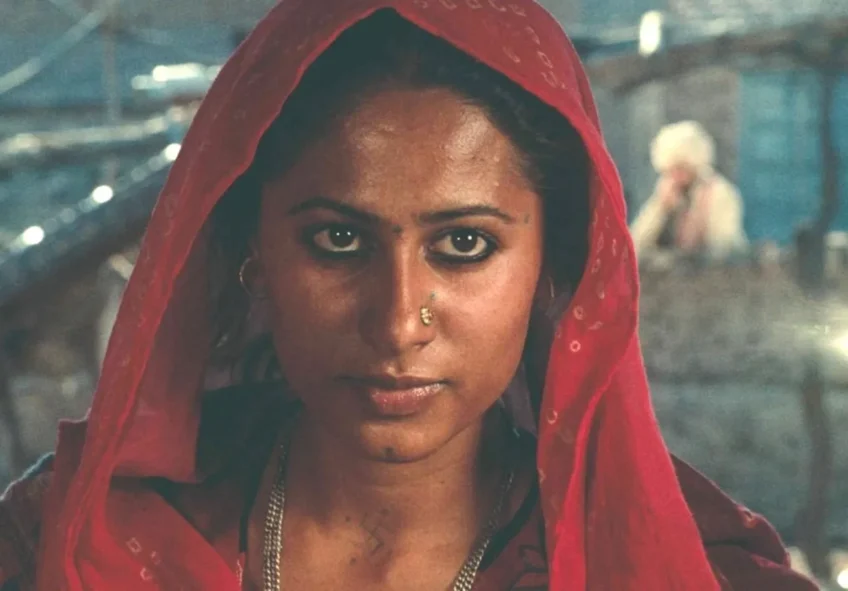Manthan: The Amul Story Of Influencing Change – India’s First Crowd Funded Movie
Manthan is a pathbreaking work showcasing the power of cinema to inspire change – The classic movie has been funded by 500,000 farmers of Gujarat, inspired by the Father of White Revolution Dr Kurien and directed by legendary Shyam Benegal.
An idealist Dr Rao (Girish Karnad) and his colleagues arrive in a typical Gujarat village to setup a milk cooperative society. The virtuous vet makes a statement from the first frame by refusing to board a overloaded horse cart and prefers a long walk. He is the change agent whose presence challenges the status quo and upsets the power equations. The upper caste milk trader has created a systematic well-oiled machinery to socio-economically exploit the poor villagers. The upper caste village headperson (Sarpanch) must ensure his power structure for winning the elections and has personal grudges against the other caste members. The less privileged members of the villages (Dalits) are sceptical of the new society and fear that this will be another upper-caste urban scheme. A volatile and outspoken villager Bhola leads the lower caste brigade. Dr Rao and his team tirelessly work to evangelise the vision and enrol the members to the benefit of the society which will also unleash a social change and overall empowerment in the village.
Dr Rao and his colleagues get entangled in the political and social issues in the village eventually leading to Dr Rao’s unceremonious and quiet exit. Bhola, the outspoken firebrand Dalit villager who starts patronising and supporting Dr Rao after initial mistrust, emerges as the real hero. He understands the intricacies of the hierarchical structures and local power games – he rallies the villagers and inspires them to march towards the promised change. He is voice of the bottom and harbinger of hope. The community finally learns to stand up on its own feet.
The beauty of Manthan is its multiple layers and the arc of all characters. All hues of caste, ethics, privilege and gender are explored and showcased by a dream cast of performers par excellence! Doing good is never an easy job nor is unleashing change!
Excellent performances, compelling story, great screenplay, sensitive direction and simple tone make it a true classic. The haunting national award-winning song ‘Mero Gaam Katha Parey’ elevates the movie. It lightens up the screen and stays with you long after. Definitely heartening and happy moments for us as we celebrate its showcase at the 77th Cannes Film Festival
Manthan is a great work of cinema, and the Cannes Classic showcase gave us an opportunity to revisit the movie. But I could not agree with the narrative and certain aspects of the movie.
My biggest grouse against the movie is its total disregard for women – while it aims to create a caste less society and empower less privileged citizens, it ignores and belittles the biggest and most affected constituency of the society. Dr Rao does not stand up and support Bindu – a headstrong village woman who is a victim of her husband’s atrocities and was shattered after the death of her income generating cow. He lets her down when she needs the most help – he fails to help even through humanity and words, forget leveraging and showcasing cooperative’s power to help in distress. Idealism is in action and not words. In fact, the way he took the milk samples from her despite her refusal seemed an overstep and undermining the independence and authority of Bindu. She has feelings for Dr Rao and she ends ups a voiceless useless tool.
The way an idealist like Dr Rao treats his wife may succeed in showing him as a man with flaws but it is not consistent with overall image and persona. Maybe she has a different take on life, Dr Rao’s treatment to her highly objectionable.
Dr Rao punishes his colleague by sending him away for having a relationship with a village girl – but should he not have asked for the colleague’s perspective or the wishes of the village girl? Was he brash or did he see this incident just as an opportunity to establish trust or win the confidence of Dalit men in the village? Or he felt guilty of his feelings for Bindu and this was an abrupt reaction and expression of his inner conflicts?
Should Dr Rao have left without meeting villagers? What happens to Bindu?
Thanks to Dr Margie Parikh for her insightful views and thoughts as we analysed the movie post its digitally restored avatar screening! And I know our dissections will continue….
Manthan is indeed a thought-provoking complex movie!
Worth a watch! And definitely worth a lot of discussions!

